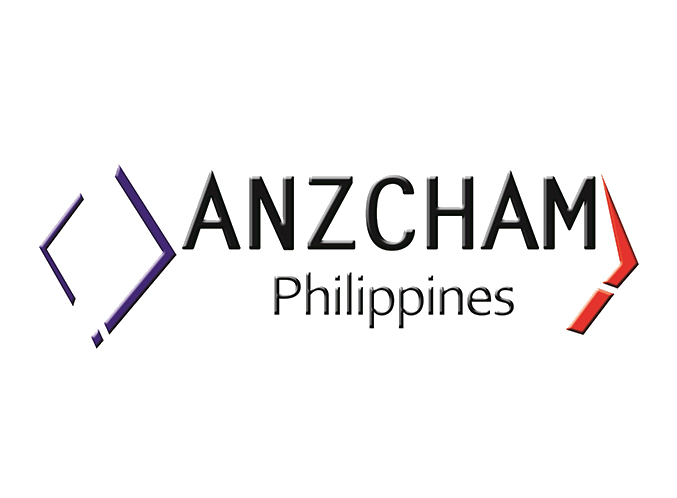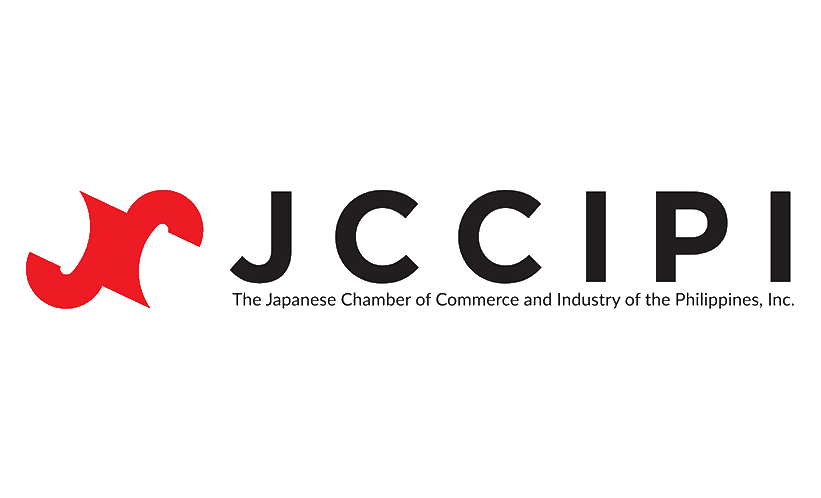Passage of key economic reform bills to raise FDI by $40B/year–Neda chief
July 2, 2019 at 17:57
Passage of key economic reform bills to raise FDI by $40B/year–Neda chief
Cai Ordinario | BusinessMirror | July 2, 2019
The passage of key economic reform bills that would allow more foreigners to do business in the country would triple, or even quadruple, the Philippines’s foreign direct investments (FDI).
At the pre-State of the Nation Address forum in Pasay City on Monday, Socioeconomic Planning Secretary Ernesto M. Pernia said the passage of the Foreign Investment Act, Retail Trade Act and the Public Service Act would boost the country’s FDI by as much as $40 billion a year.
In 2018, Bangko Sentral ng Pilipinas (BSP) data showed that FDI reached $9.8 billion. In the first quarter or the year, FDI amounted to $1.94 billion, which represented a 15.14-percent contraction from $2.29 billion.
“Concerning FDI, the Philippines is the most restrictive country in the Asean,” Pernia said. “Here in the Philippines there are so many areas where FDI is only partially open to foreigners. So the legislature really should pass many of these [reform] bills.”
Pernia said liberalizing the economy would boost the country’s FDI and the overall health and growth of the Philippine economy.
He said Asean countries like Vietnam are open to a lot of foreign investors, allowing even up to 100- percent foreign participation.
In contrast, in the Philippines, it is enshrined in the 1987 Constitution that foreigners can only have a maximum of 40-percent participation in businesses in the country. In some sectors, zero foreign participation is the norm.
“We could really expect much more foreign investment, tripling or quadrupling what we have already achieved,” Pernia said.
Meanwhile, outgoing BSP Deputy Governor Diwa Guinigundo said in a news briefing on Monday that one legislation that could work toward the increase in FDI is the Islamic Banking bill.
Guinigundo said the House of Representatives and the Senate have completed their work on the Islamic Banking bill. The bill is awaiting enrollment before it is submitted for the President’s signature.
He said having an Islamic Banking law would help the banking sector reach marginalized Filipinos who are still “outside the conventional banking framework.”
Guinigundo also said with an Islamic Banking law in place, the Philippines could attract Islamic investors who are looking for suitable investment destinations to build or expand their businesses.
“Even at the beginning of the Duterte administration there were already queries coming from jurisdictions whose population is mostly Muslim or Islamic and therefore, to the extent that some countries are interested in bringing their business here through Islamic means,” he stressed.
In November 2018, the National Economic and Development Authority (Neda) said the approval of the 11th Regular Foreign Investment Negative List (RFINL) is expected to boost the country’s FDI starting this year.
Since there was still room to adjust foreign participation under the RFINL, Pernia said the government does not want to wait for another two years to start working on the liberalization of other sectors of the economy.
He said there are already a number of laws that are being amended to usher more FDI into the country. One such bill is the amendment to the Public Service Act of 1930, which seeks to redefine the meaning of public services. Once amended, the new law will allow greater participation in areas such as telecommunication.
Under the 11th RFINL, the government now allows 100-percent foreign ownership in “Internet businesses,” which, Neda earlier said, included Internet service providers in the provinces; professions that foreigners are allowed to practice subject to reciprocity; and teaching at higher education level where passing the board or Bar is not required.
Foreigners are also allowed to fully own short-term high-level skills development that does not form part of the hierarchical structure of the formal educational system excluded from educational institutions and wellness centers.
However, no foreign participation is allowed in professions such as marine deck and engine officers. Foreign participation in adjustment, lending, and financing companies, as well as investment houses have been deleted following RA 10881, or the amended Insurance Code.
The government also allowed more foreign ownership in contracts for the construction and repair of locally funded public works and private radio communications network.
The Neda is tasked to review and revise the country’s RFINL, which contains restrictions on foreign investments and the practice of professions based on the Constitution and Philippine laws.
The RFINL contains investment areas/activities where foreign equity participation is limited by mandate of the Constitution and specific laws. It also consists of investment areas/activities where foreign equity participation is limited for reasons of defense, security, risk to public health and morals, and protection of small- and medium-sized domestic market enterprises.
The amendment of the list is headed by the Neda secretariat, as provided for under Section 8 of RA 7042, or the Foreign Investments Act of 1991, which states that amendments may be made upon the recommendation of the secretary of national defense or the secretary of health, or the secretary of education, endorsed by the Neda, approved by the President, and promulgated by a Presidential proclamation.




























